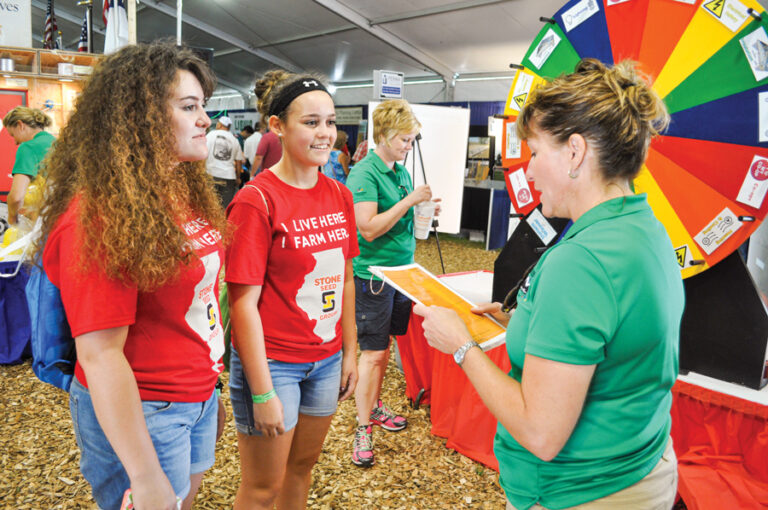Are you a veteran who owns a small business or is looking to start one? If so, you’ll soon be able to access the equipment your business needs to thrive as a result of my Veterans Small Business Enhancement Act, which became law earlier this year after both branches of Congress overwhelmingly approved it in December.
My bipartisan bill will allow veteran small business owners, including farmers, to participate in the Federal Surplus Private Property Program. For years, government agencies and non-profit organizations have been able to obtain surplus equipment, such as trucks, tools and computers, that the federal government no longer has any use for. This excess inventory is available cost-free, with participants only responsible for covering shipping and handling and other administrative fees that are required to run the program year after year.
Even in an era of such political gridlock, it made no sense to see this surplus equipment go unclaimed while thousands of veterans struggle to scrounge up enough resources to run their own businesses.
Once the U.S. Small Business Administration and U.S. General Services Administration fully implement the Veterans Small Business Enhancement Act, that soybean farmer in southern Illinois might not have to stay up at night worried about how he’ll possibly be able to pay for that much-needed generator.
That former Marine can get the computer she needs to do the accounting work that keeps her restaurant afloat.
And, American taxpayers will no longer have to foot the bill to store all those resources that belong in showrooms, offices and cornfields.
A win-win, by anyone’s estimation.
There’s a reason veterans are twice as likely to start or lead their own companies as civilians, with roughly 10 percent of small businesses across the country run by those who’ve served, including 80,700 in Illinois alone.
It’s because no matter where they were deployed, no matter which branch they call their own, those who’ve worn the uniform have a kind of courage instilled in them that’s impossible to root out—the type of resilience and determination that can turn a longshot idea into a smooth-running, profit-making business.
Yet thanks to a number of factors, the number of veterans leading their own companies is plummeting as compared to generations past. While a staggering 49.7 percent of World War II veterans went on to run or own businesses, followed by 40 percent of Korean War veterans, just 4.5 percent of those who served after September 11, 2001, had launched their own businesses as of late 2016.
We know that veterans are far more likely to hire other veterans, especially those who are struggling with the wounds of war, both visible and otherwise. So fewer vets at the helm of companies means fewer vets throughout the ranks, too. Fewer learning the ropes of an industry. Fewer climbing the ladder to the top. Fewer who, someday, might start a business of their own.
My hope is that this bill will help change all that, beginning to reverse the trend of entrepreneurship among recent veterans and, in doing so, getting more of our heroes hired and trained today so they can succeed tomorrow.
After all, these women and men risked their lives for the rest of us overseas. We are long overdue in delivering legislation that looks out for them when they step back onto U.S. soil.
So, to all those veterans who run or are looking to start their own business or farms, this bill is for you. Once it’s implemented, all you have to do to begin laying claim to those unused items and their untapped potential is contact your local state agency.









